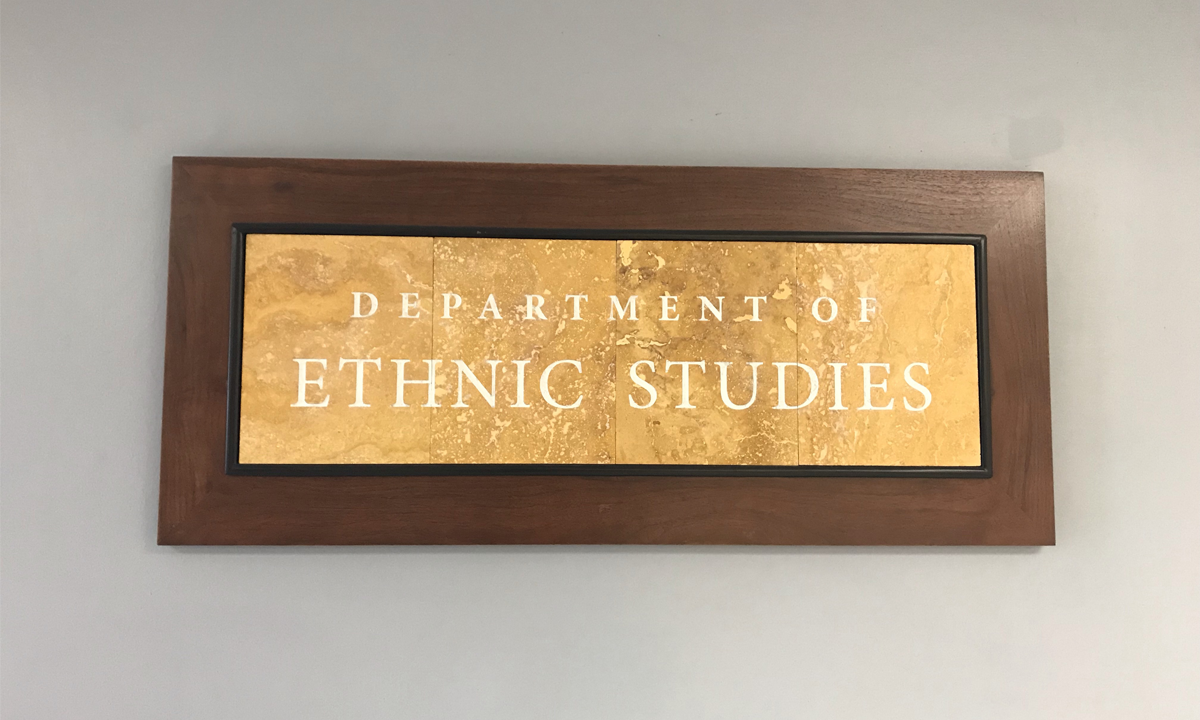Written by Urvi Sakurikar
The original writers of California’s Ethnic Studies Model Curriculum (ESMC) draft have sent a letter to the state’s Department of Education asking that their names be removed from the project. They say that the current, revised curriculum silenced ethnic studies teachers and was not an accurate representation of their efforts. The writers of the letter, in which former advisory board members were included, claimed that they were “not fully consulted throughout the process of the curriculum development” and that their decision served the “best interests of California’s students.”
The curriculum was meant to be part of a set of guidelines for California school districts seeking to incorporate ethnic studies into their lesson plans. It covered Black/African American studies, Native and Asian American studies, and Chicano/a studies. However, the original developers of this draft now find it to be inadequate in terms of inclusion and covering complex race-related issues, as groups such as Jewish Americans and Pacific Islanders protested their lack of representation.
Currently, about 1,000 California school districts require their students to take ethnic studies courses. In October, Governor Newsom rejected attempts to make ethnic studies a requirement for graduating high school, but has since signed a bill forcing all California State University students to take ethnic studies classes in order to graduate; and overrode a previously approved plan in doing so.
The problem here is that the process of deciding what students learn and do not learn in schools has become a question of political climate rather than preparing them to succeed in the real world. The curriculum of all students, especially in higher education, should not be developed to appease the political interests of any group. In addition to threatening the legitimacy of higher education through excessive politicization, the ethnic studies requirement has caused even more division in California as several minorities fight for a chance to be included in this new curriculum. The rejection and revision of the several drafts of the ESMC has created increased contention, and more division is the last thing the state needs right now.
Allowing politics to seep into one of the most important foundations of the future generation is a huge mistake on the part of Governor Newsom and the Department of Education, and could potentially jeopardize the legitimacy of the education system going forward.




